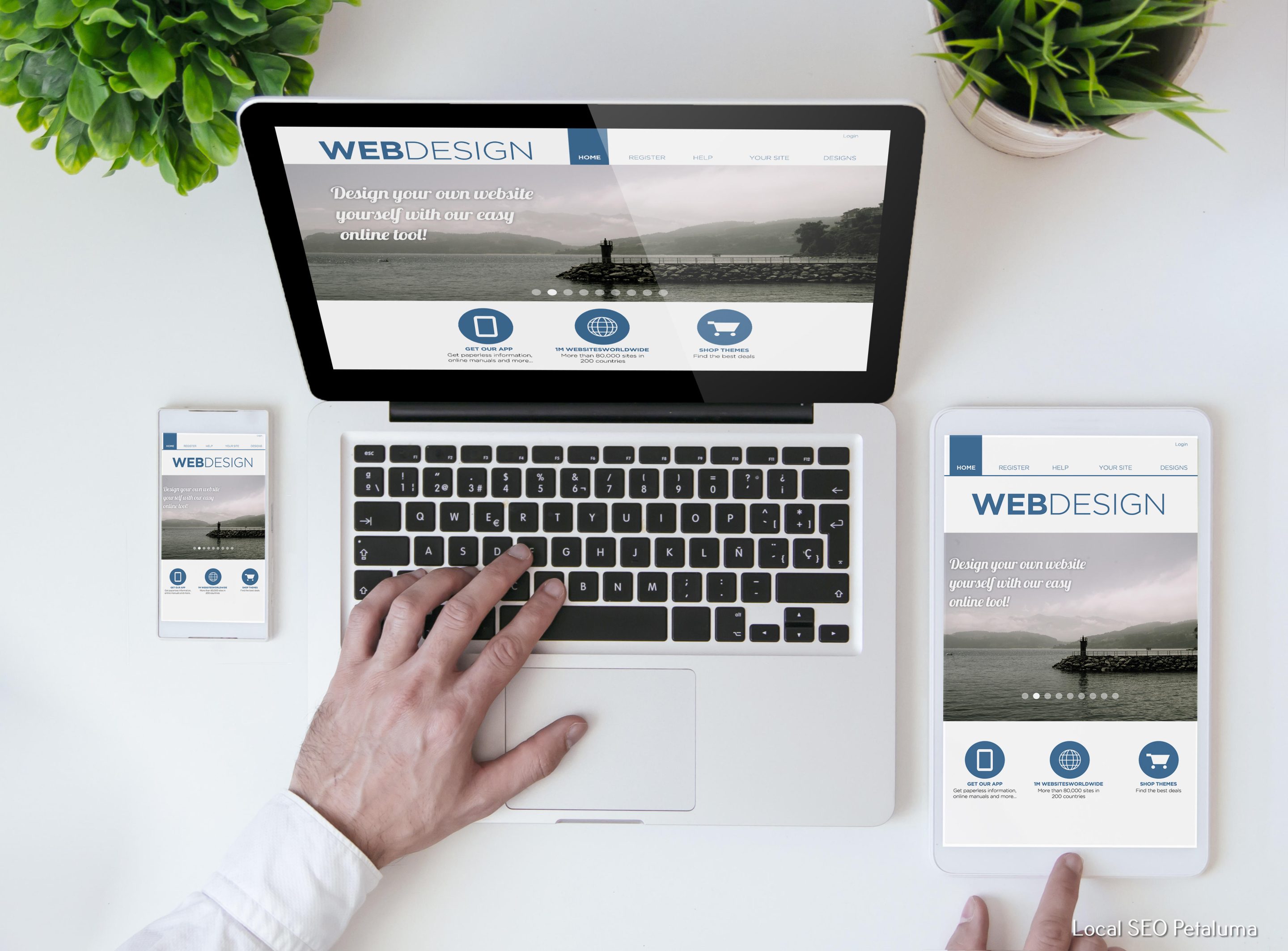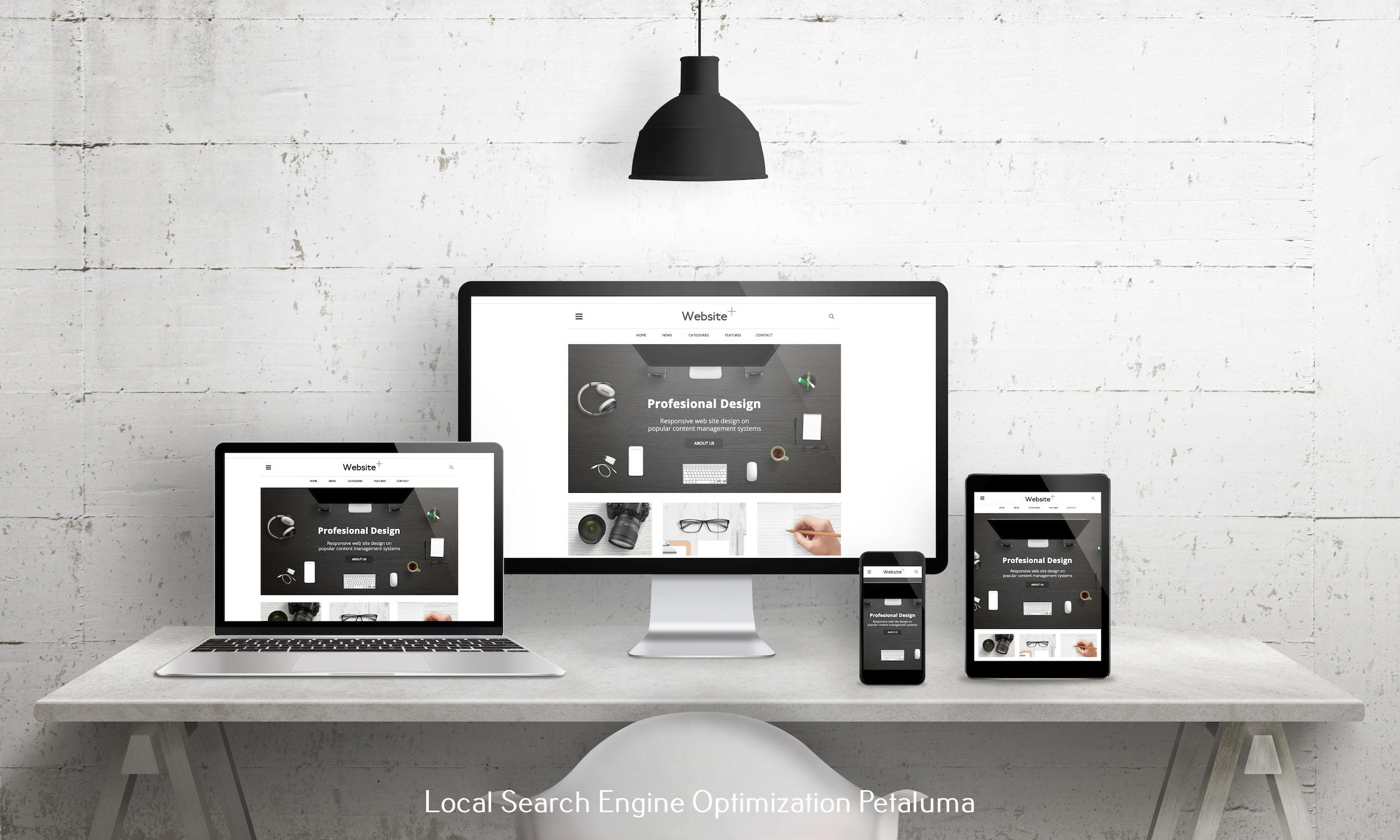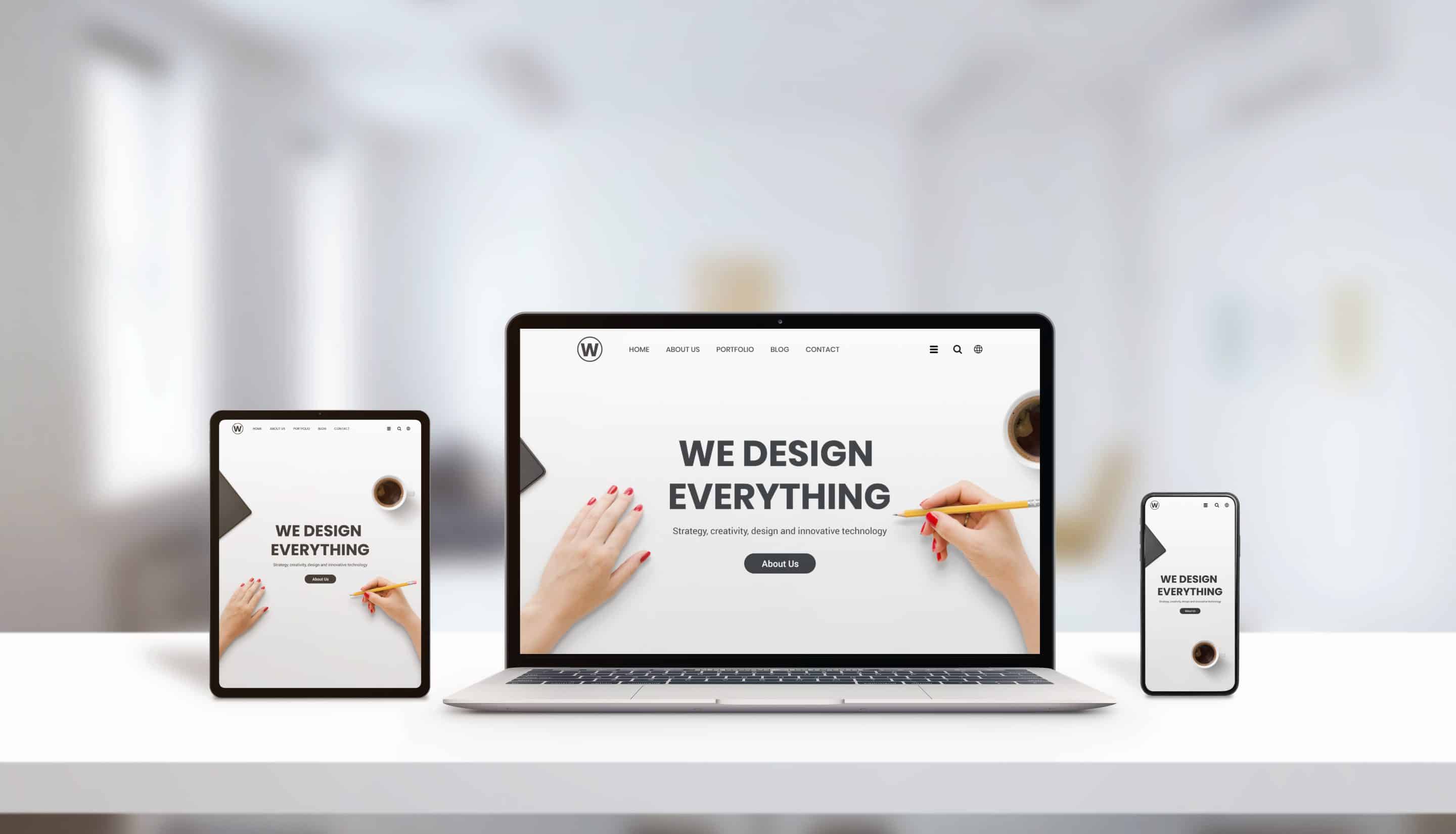User experience (UX) has become a buzzword in the digital marketing world, and for good reason. In today's competitive online landscape, having a visually appealing website is no longer enough. Users want more than just eye-catching designs; they want a seamless and enjoyable experience while navigating through a website. As a seasoned copywriter at RAD Web Marketing, I have witnessed firsthand the impact of UX on website design and how it can make or break a business's online presence.
So what exactly is user experience, and why is it crucial for effective website design? In this article, we will dive deep into the role of UX in creating websites that not only look great but also drive conversions and boost overall success.
Understanding User Experience
User experience refers to the overall experience that a user has when interacting with a product or service. In terms of websites, it encompasses everything from the visual design to usability and functionality. A positive user experience means that users can easily find what they are looking for and complete their desired actions without any hassle or confusion.
The Importance of User Experience in Website Design
In today's digital age, where users have short attention spans and countless options at their fingertips, having an optimized user experience is crucial for businesses looking to stand out from the competition. Here are some key reasons why investing in UX should be a top priority for any business:
1. Improved Usability:
A well-designed website with excellent user experience makes it easy for users to navigate through different pages, find information quickly, and complete desired actions such as making purchases or filling out contact forms. This leads to increased customer satisfaction and ultimately improves your chances of converting visitors into customers.
2. Higher Conversions:
A seamless user experience can significantly impact conversion rates on your website. When users have an enjoyable time browsing your site, they are more likely to take action and convert into paying customers. On the other hand, if they encounter frustrating roadblocks or confusion, they are likely to abandon your site and seek out a competitor.
3. Better Brand Perception:
Your website is often the first point of contact with potential customers, making it an essential aspect of your brand image. A visually appealing and user-friendly website can create a positive impression of your brand and increase trust and credibility among users. On the other hand, a poorly designed website with a clunky user experience can harm your brand's reputation and drive customers away.
4. Competitive Advantage:
In today's digital landscape, where almost every business has an online presence, having a well-designed website with excellent user experience can give you a competitive edge. By providing users with an enjoyable experience, you are more likely to retain their attention and stand out from competitors who may not prioritize UX.
Main Elements of User Experience in Website Design
Now that we have established the importance of user experience let's take a closer look at some key elements that contribute to creating an effective UX on websites:
1. Visual Design:
The visual design of a website plays a significant role in shaping the overall user experience. A clean, modern design with consistent branding and appealing visuals can make users feel more engaged and interested in exploring your site further.
2. Navigation:
Easy navigation is crucial for providing users with a seamless browsing experience. Users should be able to find what they are looking for without any hassle or confusion. This includes having clear menus, search functions, and breadcrumbs to help users navigate through different pages easily.
3. Page Speed:
In today's fast-paced world, no one has the time or patience to wait for slow-loading websites. Studies have shown that even just one second delay in page load time can significantly impact bounce rates and conversions on websites. Therefore, optimizing page speed is crucial for creating an enjoyable user experience.
4. Mobile Responsiveness:
With more people accessing the internet through their mobile devices than ever before, having a mobile-responsive website is essential. A mobile-friendly design ensures that your website looks and functions well on all screen sizes, providing a consistent user experience across devices.
5. Content:
Last but certainly not least, the content on your website is a crucial element of user experience. High-quality, relevant, and engaging content can keep users interested and encourage them to explore your site further. On the other hand, poorly written or irrelevant content can drive users away and harm your overall user experience.
In conclusion
User experience plays a critical role in effective website design. By prioritizing elements such as visual design, navigation, page speed, mobile responsiveness, and content creation, businesses can create websites that not only look great but also provide an enjoyable browsing experience for users. Investing in UX can lead to higher conversions, improved brand perception, and a competitive advantage in today's digital landscape. So if you want your business to succeed online, make sure to prioritize user experience in your website design strategy.






































0 Comments